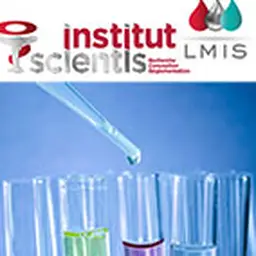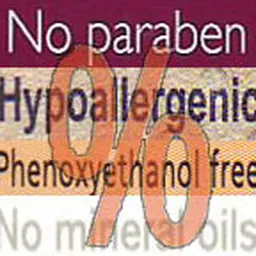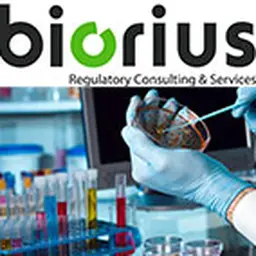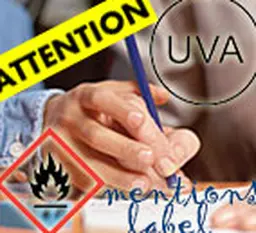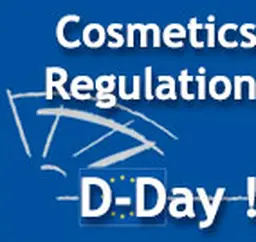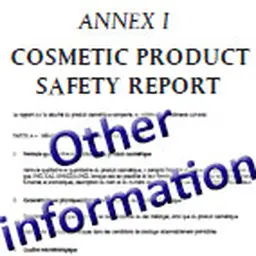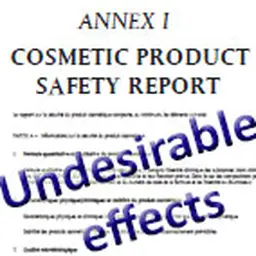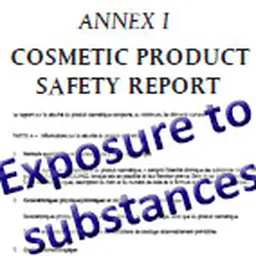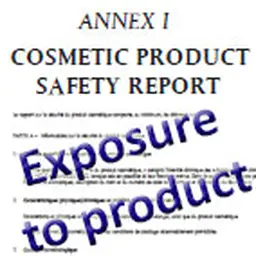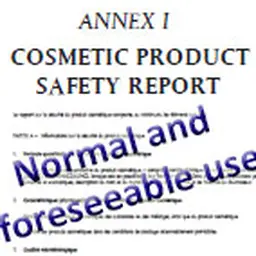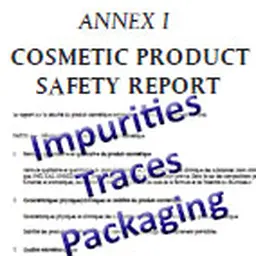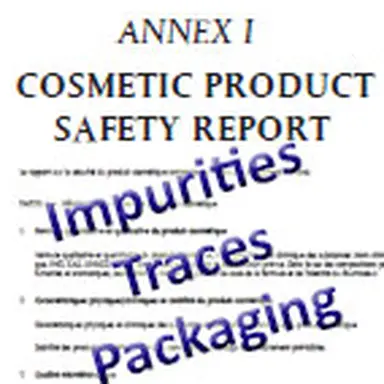
Section 4 of the Annex I deals with the purity of the product: the presence of impurities and traces, especially of prohibited substances, shall be assessed and reported in the Cosmetic Product Safety Report (CPSR). As a new development since the entry into force of Regulation 1223/2009, this information must also cover packaging material.
The Annex I text states which data about impurities and traces, and the packaging material are required:
• Purity of substances and mixtures
• In the case of traces of prohibited substances, evidence for their technical unavoidability
• The relevant characteristics of packaging material, in particular, purity and stability
Impurities, traces, migrations and interactions
Let us begin with some definitions, for a better understanding of this Section 4 of the Annex I.
Impurity
An impurity is a substance, unintentionally present in a raw material or in a packaging material.
Trace
A trace is a small quantity of a substance, unintentionally present in the finished product. It may come from:
• Impurities present in raw materials and substances
• The manufacturing process
• A modification or chemical interaction in the finished product, during storage under normal conditions, or due to the contact with the packaging material
• The potential transfer of substances from the primary packaging to the product.
Note: there is no threshold figure defined for the “small quantity”, which characterizes a trace. Therefore, any unintentionally substance present in the finished product is considered as a trace.
At the 10th Cosmetic Valley Perfumes & Cosmetics Congress, José Ginestar proposed a …

